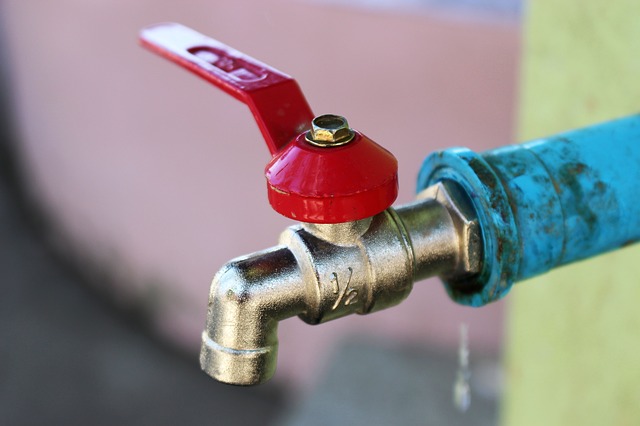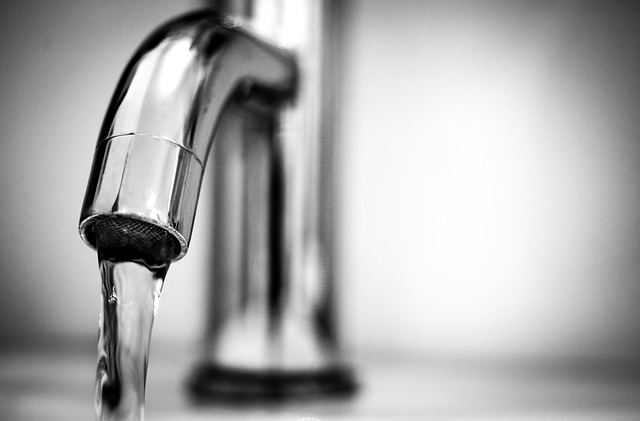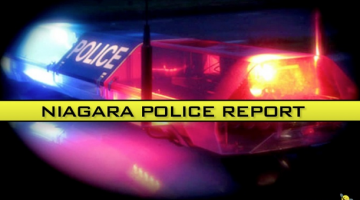It is frigid outside and water pipes can be vulnerable in this weather. Here are some tips to keep the pipes on your property from freezing.
Tip #1: Keep the Heat On
If you are leaving for a period of time, make sure that the heat is kept on within your property. This can help prevent pipes from freezing, bursting and damaging property. The heat does not have to be kept as high as you normally would keep it if you were actually in the property, but keeping it set above 50 degrees Fahrenheit is a good idea. This should provide enough heat to keep the pipes warm and to prevent any water inside from freezing.
Tip #2: Allow Faucet to Drip
If you are afraid a pipe will freeze, you can allow the faucet to drip slightly. Allowing the faucet to be open like this will relieve pressure in the system. If a pipe freezes, it is actually the pressure that is created between the blockage and the faucet that will cause the pipe to burst. Allowing the faucet to be open will prevent this pressure from building up and keep the pipe from bursting.
Tip #3: Keep Interior Doors Open
Pipes are often located in cabinets. When the temperatures drop, it is a good idea to keep these cabinet doors open so that the heat from the rest of the house can keep the pipes warm as well. You should also keep all interior doors open so that the heat can flow throughout the home.
Tip #4: Seal Up Cracks and Holes
You should caulk any holes or cracks that exist near pipes. This should be done on both interior and exterior walls. Doing so can help keep the cold air out and the warm air in.
Tip #5: Apply Heating Tape
For pipes that are easily accessible, the electrical heating tape may be an option to keep them from freezing. This tape can be applied directly to the pipe.
There are two types of heating tape. One type of heating tape turns on and off by itself when it senses heat is needed. The other type of heating tape needs to be plugged in when heat is needed and unplugged when not in use.
Much like a space heater, these products can be dangerous, so you must follow the product’s direction and safety procedures exactly.
Tip #6: Add Extra Insulation
Pipes that are located in areas that do not have proper insulation, such as basements or attics, may need extra insulation to keep from freezing. Pipes in basements or attics are not the only ones that may not be properly insulated from the cold. If you have had a problem with pipes freezing anywhere in your home, extra insulation could be the cure.
Pipes can be fitted with foam rubber or fiberglass sleeves to help decrease the chances of freezing. This can be an easy solution for pipes that are exposed but can get expensive if walls, floors or ceilings have to be opened in order to properly insulate the pipe. Additional insulation can also be added to walls and ceilings to keep the pipes warm.
Tip #7: Keep Garage Door Closed
Keep garage door closed during extreme cold weather to assist in overall warmer temperatures where pipes are located.
Tip #8: Basement Treatment
Close and weather strip exterior basement windows and doors.
Tip #9: Pay Attention to Outdoors
Garden Hose: Disconnect and drain garden hoses. Also for exterior faucets, either cover them with insulated foam covers, cut off water to exterior faucets and open faucets to drain pipes, or install exterior faucets that cut water supply off inside foundation walls.
How to Thaw Frozen Pipes
- Water Cut-Off: Locate the water main cut-off valve, and have a water cut-off key handy before attempting to thaw out frozen pipes.

- Open Faucet: Open the faucet the pipe runs to before thawing a frozen pipe to allow water to flow through the pipe and relieve any built-up pressure in the pipe.
- Heat Frozen Pipe: Use a hair dryer, heat lamp, electric heat tape, or portable space heater to thaw frozen pipes that haven’t burst. Start from the interior faucet end of the pipe, and work your way toward colder end of the pipe.
- Check for Leaks: After pipes have thawed, turn off all water to faucets and the icemaker, and monitor the water meter for any unseen leaks.
To receive similar content, “Like” us on Facebook @ https://www.facebook.com/niagarabuzz.ca











